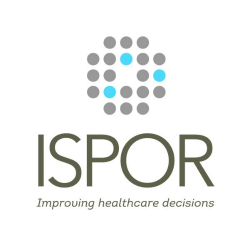ISPOR Task Force Indicates Five Areas Machine Learning Could Support Health Economics and Outcomes Research
July 28, 2022
Earlier this month, ISPOR released a report in the journal Value in Health detailing good practices in using machine learning for health economics and outcomes research (HEOR). According to the lead authors, machine learning can enable deep analysis of complex datasets, identifying trends that may otherwise go unnoticed. To enable the best possible use of the technology in HEOR, they identified these key areas that could benefit the field.
According to ISPOR, “The authors identified 5 methodological areas where machine learning could enhance HEOR: (1) cohort selection (ie, identifying samples with greater specificity with respect to inclusion criteria); (2) identification of independent predictors and covariates of health outcomes; (3) predictive analytics of health outcomes, including those that are high cost and/or life threatening; (4) causal inference through methods, such as targeted maximum likelihood estimation or double/debiased estimation—helping to produce reliable evidence about real-world treatment effectiveness more quickly; and (5) application of machine learning to the development of economic models to reduce structural, parameter, and sampling uncertainty in cost-effectiveness analysis.”
To read more, click here.
(Source: ISPOR, July 5th, 2022)

